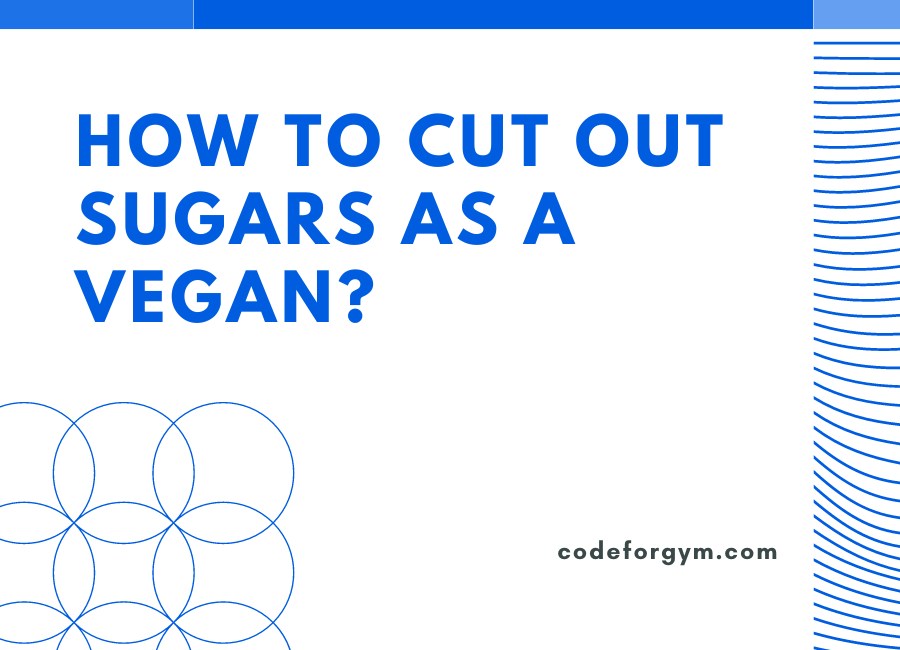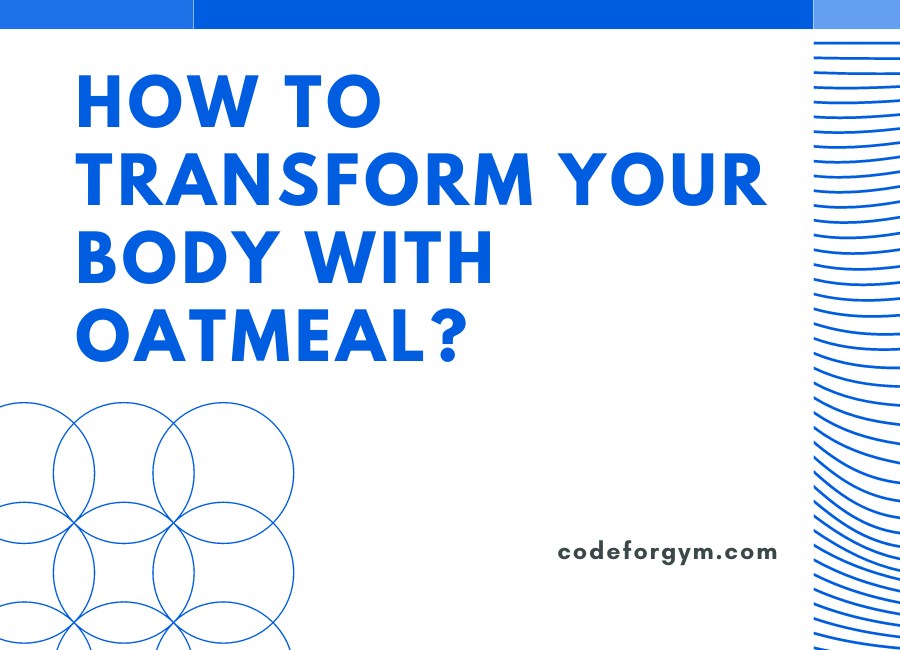Welcome to the first episode of Nutrition Deep Talk. On our show today, we have Amy Blisgreens, an accomplished nutrition specialist and an ardent health food enthusiast.
At the age of 30, Amy’s comprehensive knowledge and passion for healthy living have earned her widespread recognition in the field of nutrition.
In today’s segment, she will share insights from her incredibly holistic journey, and inspire us all to embrace a lifestyle that respects and nourishes our bodies.
So, sit back and get ready to dive deep into the world of nutrition with Amy Blisgreens!
“Dr. Blisgreens, we often hear about ‘superfoods,’ but what are some lesser-known, everyday ingredients that pack a surprising nutritional punch and deserve more attention?”
Thank you so much for having me on your podcast! Your question is a fantastic one. While ‘superfoods’ like chia seeds and blueberries garner a lot of attention, there are many everyday ingredients that are jam-packed with nutrients.
Let me share a few in particular that I personally cannot get enough of right now.
First up is lentils. They are a powerhouse of nutrition loaded with fiber, protein, and iron. You can use them in a variety of meals like salad, soups, and stews.
Next is oats. They’re often overlooked for their simple, homey nature, but don’t be fooled! They’re packed with complex carbs, fiber, and plant-based protein. They’re great for gut health and can help manage cholesterol levels.
Third on my list is cabbage. Rich in vitamin C and K and also packed with fiber, cabbage has so much to offer! You can have it in salads, stir-fries, or roasted in the oven.
Lastly, I’d like to mention sardines. They are very nutrient dense, providing a good amount of Omega-3 fatty acids, protein, vitamin D, and B12. They’re also more environmentally friendly than other types of fish as they are lower on the food chain.
So when planning your meals, don’t underestimate these everyday staples. They are definitely unsung heroes of the nutritional world!
“In a world full of dietary trends and fads, could you share a timeless piece of nutritional wisdom that you believe everyone should incorporate into their daily eating habits?”
Absolutely, it’s great to be here! In the constantly changing world of diet trends, one timeless piece of nutritional wisdom that I truly believe stands the test of time is: “Eat the rainbow.” This means you should strive to incorporate a wide variety of fruits and vegetables of different colors into your daily meal plan.
Each color often represents different beneficial nutrients. So you have your reds, like strawberries for flushes of vitamins, your oranges, like carrots, for beta carotene. You also need greens for a great variety of vitamins and minerals, purples like blueberries, packed with antioxidants… and don’t forget whites like cauliflower, they’re packed with fiber and can support healthy digestion.
The more varied your daily diet, the more comprehensive your nutrient intake will be. So, don’t just eat the same foods day in day out – mix it up and eat the rainbow.
I think if we all incorporate this simple, colorful strategy into our diets, we’ll be empowering our bodies with tons of necessary nutrients to operate efficiently and keep us healthy and vibrant. – Amy Blisgreens
“Many people struggle with balancing their cravings for comfort foods and their desire to eat healthily. How can we strike a harmonious balance between indulgence and nourishment?”
I absolutely understand what you’re saying. Cravings can be so tough to handle, right? Firstly, remember, eating healthy doesn’t mean you have to give up on your comfort foods completely. It’s all about striking the right balance. So, one way to manage this is to follow the 80/20 rule. What this means is that you try to make sure 80% of your diet is filled with nutritious, healthy foods like fruits, veggies, whole grains and lean proteins. Then the remaining 20% can be allocated to those comfort foods you love.
Another strategy is to look for healthier alternatives to your favorite meals. For example, if you’re a fan of pizza, try a version with a cauliflower crust or loaded with veggies. If you love ice cream, try some made with almond milk or coconut milk. You would be surprised how certain substitutions or methods of preparation can transform your favorite comfort food into a healthier option.
And finally, practice mindful eating. Savor each bite, eat slowly and only eat when you’re truly hungry. This helps to prevent overeating and makes your meals way more satisfying. – Amy Blisgreens
“It’s intriguing how cultural and regional diets can play a role in health. Could you discuss an interesting case where you’ve observed the powerful influence of a particular cuisine on overall well-being?”
Hello everyone, and thanks for that wonderful question. Isn’t it fascinating how our food not only impacts our health but also tells a story about our culture and traditions? This reminds me of a fascinating case I encountered a while back – it was about the Mediterranean diet.
I was working with a client who was dealing with obesity and chronic inflammation. He had tried many diets but the results weren’t overly promising, and he was increasingly becoming discouraged. He hailed from a Mediterranean background and was very fond of his culture and culinary traditions, but had drifted away from this native diet in favor of fast food and high-sugar snacks.
Taking into account his love for his cultural cuisine, I decided to introduce him back to his roots – and to the Mediterranean diet. It includes lots of fruits, vegetables, whole grains, legumes, and olive oil, a wonderful source of healthy fats. Plus, moderate amounts of protein, primarily from fish and seafood. It’s not just a diet, it’s a lifestyle which also includes physical activity and sharing meals with family and friends.
The transformation was nothing short of amazing – not just in his physical health but mental as well. He lost weight significantly, his inflammation levels decreased, but the best part was that he was enjoying his meals. He didn’t feel like he was on a “diet” – these were the foods he had grown up with, foods that reminded him of home and family.
It was beautiful to see the impact that this return to his cultural cuisine had on his overall well-being. This experience really highlighted for me the power that traditional diets can have on our health. Not only can we nourish our bodies with wholesome, nutrient-rich foods, but there’s also a sort of comfort and happiness that comes from eating foods that are tied to our traditions and cultures. – Amy Blisgreens






Be the first to reply